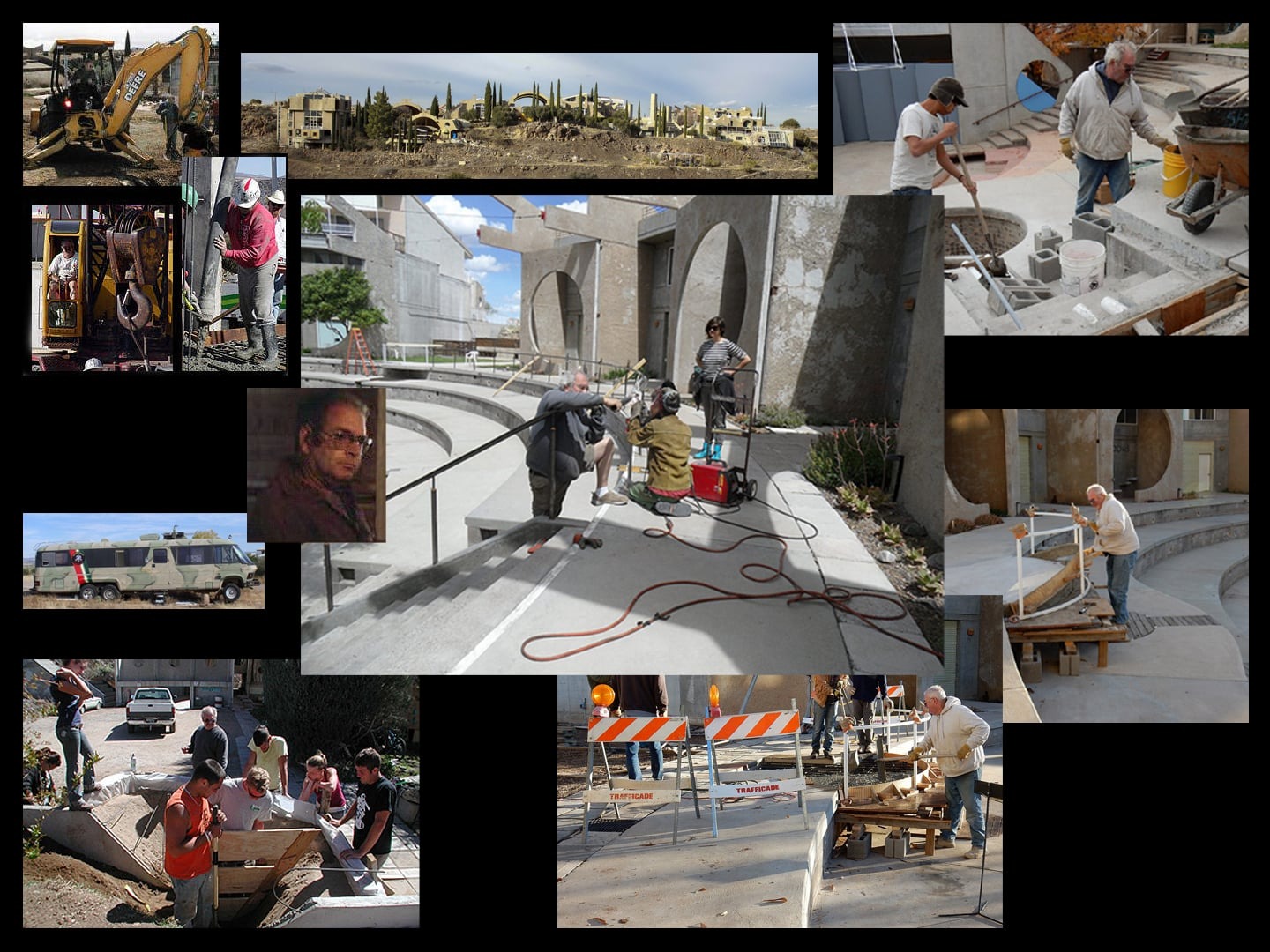


What Ever Happened To The News
What has happened to the news in this country? I don't mean the regurgitated fluff that you find on MSN that tries to pass itself off as news. I mean the real hardcore investigative journalism this country use to pride itself on. Where are the journalists searching for the truth through the smokescreen of lies being fed to us by our own government?
How did this country go from having a 5 trillion dollar surplus to a 5 trillion dollar deficit in just over a decade? Why was there more interest in a president that lied about his sex life than a president whose lies precipitated a least one unjustified war. If there are any real investigative journalists left, I suggest they are investigating the wrong damn stuff.
Our freedoms are slowly being stripped from us. As individuals we are being monitored and spied upon on an unimaginable scale. Speak out against the government and the corporatocracy that runs this country, and you can be branded as un-American or held up as a traitor; castrated by the news media all to quick to judge. We use to wait until people actually committed crimes before we executed or imprisoned them.
With all the problems in the world and in this country specifically, how is a Shark Kills Surfer in Australia front page news here in America? Of the few actual reported shark attacks only about 8% are fatal. I'd bet that most of the fatalities are surfers. Good story for some magazine but hardly front page national news.
So I have to ask, where is the real news? Why are we being distracted with such soft-core stories? What aren't we being told? What is the government and/or the corporatocracy hiding? The truth is out there if some journalist has the guts to go find it, and a news outlet brave enough to publish it.
Posted November 23, 2013.
We Are Watching
First, I wondered if I cared that the CIA or NSA read my e-mail or listened to my phone conversations. After all, I've not broken any laws that I know of - recently. Well, except for the drugs I did to help numb the pain of my brother's death. I don't really care if the world knows that I sometimes use a little help to relax on the weekend every few months. If tapping my phone and e-mail was the extent of the invasion on my privacy I could care less if that is where it ended. But, that is not where it ended.
The Fourth Amendment read thus: The right of the people to be secure in their persons, houses, papers, and effects, against unreasonable searches and seizures, shall not be violated, and no Warrants shall issue, but upon probable cause, supported by Oath or affirmation, and particularly describing the place to be searched, and the persons or things to be seized. While certainly nothing was being searched or seized, my right to be secure in my home, my ramblings (largely online) and other private documents, my property (intellectual or physical) could be cataloged and characterized in such a way as to leaving me feeling naked standing in a glass house. As we fill our homes with high-tech gadgets we give little thought to the fact that those gadgets could be turned against us. Nor do we give any thought to the fact that those gadgets could actually be harmful to us physically.
The men that drew back the vail of secrecy of the level of spying, not only on other countries, but on average Americans, was shocking. More shocking is that most Americans don't care and would prefer to remain blissfully ignorant. They don't care that the government is trying to covertly place a wiretap of sorts in every house on the planet. They don't care that the high-tech gadgets in their homes emit harmful radiation known to cause cancer. They don't want to know that their house is spying on them and that the information gathered could be sold or given to third parties. Most Americans just don't care enough as long as they get to keep feeding their addictions.
To think about committing a crime and actually committing a crime is two very different things. To say, "Someone ought to shoot the damn president," is a long way from actually making a threat against the president. With all the right gadgets in your home not only could the conversation be recorded, but every person in the room could be identified and their location within the home fixed. No warrant necessary, all in the name of safety and security. Because we don't really see the invasion of our privacy, we go quietly about our mundane lives blissfully unaware of the Orwellian nightmare we are living in.
Certainly, as a country, we need to protect ourselves from those who seek to do us harm, but at what cost? Will we suffer the loss of personal privacy for the sake of our security as a country? Are we willing to risk our health as well? How many know that all our wireless gadgets emit radiation, and that enough exposure can make us sick or even kill us? The government and the corporatocracy know and don't care. They just want to tighten their control over the people and make money.
Taken out of context we could all be made to look like criminals. Cameras are going up everywhere, and that camera on your computer is not as secure as you may like to believe. The smart meter the government paid (P.C.- stimulus) the power/water/gas company to install on your house isn't just killing you from the low levels of radiation it emits. It is a device with which they can use to watch and control you. It is from a greater position of control that our other freedoms will be lost as everything we say can and will be used against us. They are watching and they are counting on our continuing indifference to strengthen their control over us.
Posted November 24, 2013
"WORK! WORK! WORK! ALL I EVER DO IS WORK!"
Linleigh J. Roberts with added comments by RBC
On April 28, 1995, a public observation platform overlooking Cave Creek (near Greymouth, New Zealand) collapsed under the weight of 18 young people - 14 of whom were killed in the 100 meter fall. The ensuing inquiry into this tragedy revealed a complex series of irresponsible decisions and careless workmanship in the construction of the platform. Plans were ignored, nails were used instead of bolts, and the cement counter-balance was not attached. Supervision was neglected during construction and no safety inspection was carried out. At the inquiry, no one acknowledged responsibility, blame was constantly shifted, and the primary cause was attributed to lack of money. Fourteen precious young lives were lost because of careless workers who did disgraceful work and irresponsible supervisors who allowed it. It was the kind of work of which everyone involved should have been thoroughly ashamed. Sad to say, such careless work has become the norm for multitudes of people all over-the world.
Many people today, it seems, cannot wait until 5:00 p.m. Friday when they can "get away from it all" and engage in their special interest, favorite recreation, or family activity. The prevailing work ethic dictates that one should get as much as possible, as quickly as possible, with as little effort as possible. Often the boss or the management is regarded as a relentless adversary devoid of understanding, compassion, or concern. This attitude produces disinterest, poor performance, carelessness, irresponsibility, and discontent. And, it can also lead to a certain amount of dishonesty that short changes the employer; from not working the hours claimed (come late, leave early, call it an 8 hr. day), to general laziness, to outright theft of company property. Ultimately, everyone pays the high cost of poor quality products and services.
Almost no one works in isolation; what one does affects many others. Take, for example, the making of a simple object like a chair. Any skilled carpenter could make one - or could he? Someone has to produce the wood, tools, nails, sandpaper, glue and varnish. The tools have to be forged from minerals mined from the earth, a tree has to be cut down and hauled to a sawmill, and the glue etc. must be produced, put into a container, and marketed. When everything is taken into consideration, the whole process involves all kinds of people; irresponsibility or carelessness at any point can have repercussions for the whole process. We are not just a mass of individuals each "doing our own thing". We are dependent upon many other people. In order to have a healthy society, everyone must work to the best of his or her ability; otherwise he or she becomes a liability and burden to others.
To be politically correct, one may not speak of the "working class." Such an expression, we are told, evidences a slave mentality and suggests that people are defined by their jobs. For many people the word "work" has become the worst four-letter word in their vocabulary. More and more popular slogans appear on bumper-stickers and coffee mugs advising us that "Work is for those who don't fish," "A bad day at golf is better than a good day at work", etc.
There isn't a factory worker and there isn't the housewife any longer. To reach the factory worker, you may have to isolate his hobby, and his hobby may be anything from hang-gliding to hand-crafting Venetian boats. So there's this constant market segmentation to try to reach these little special interests, because here are people who have the free time and the money to cater to very esoteric aesthetic interests.
People like Fourier (and others) foresaw that industrialism would give the worker the free time, the personal freedom, the political freedom, and the surplus money to express himself and to live up to his potential as a human being.
While poor work impacts the economy, the most tragic aspect of the contemporary work ethic is its adverse effect on the worker himself. What Tom Wolfe (and others) say about the free time, personal and political freedom, and surplus money which enables the worker "to express himself and live up to his potential as a human being" is naive nonsense. If a person does not achieve his or her potential at the work place, where else can it be done? If his potential is achieved by hand-crafting Venetian boats, that ought to be his work - not his hobby! Living up to one's potential implies working to the best of one’s ability to produce a product or service of which he or she can be justly proud and which will benefit the society.
The decline and disappearance of a sound work ethic has led to a proportional need for people to build self-esteem and improve their self-image. Self-esteem and quality of work are directly related. Any person who does his work well will have a healthy attitude towards himself. When one does work of which he or she should be ashamed, it is impossible for that person to have a healthy attitude or opinion of himself or herself. Contrary to popular opinion, work is not a curse but a blessing; it is one's opportunity to be creative, productive, and contribute to the welfare of others.
A decent work ethic isn't just about showing up for work and putting in a full 8 hours of good quality work. It is about looking after the interests of your employer as though they were your own interests. A group of hard working individuals is not the same as a team made up of hard working individuals. When everyone has their employer’s interests in mind, they strive not only to improve themselves but seek also to improve and ensure the success of the business.
Today we find all too often people out to milk the system. The first thought is of those people on the public dole, but more and more it is employees not working to their full potential that truly milk the system which in the end costs everyone for the services and products being provided or produced. This is perhaps one of the greatest problems employers face today; employees working a full eight hour day and only accomplishing six hours' worth of the work or less. Would employees that truly have the best interests of their employer in mind consider doing anything less than their best? Yet, today, employees often drag their feet thinking of work as a drudgery instead of someplace where they can expand their talents and hone the skills that they already have becoming the best at what they can do and become. Second-rate employees expecting a first-rate salary doing subpar work slowly.
Businesses fail every day for a wide variety of reasons but the saddest reason of all is when the employees are just there to make a buck and could care less if the business fails or succeeds. If they are there to milk the system for all it's worth then more often than not the business's demise is assured in time. The business’s success or failure rests with the employees not the customers. Poor customer service, lack of quality work, uncaring attitude, and a long list of other things can lead to disenfranchisement by the customer and ultimately cause the business to fail. Conversely, quality employees with an interest in seeing the business succeed will ensure that the customer has the best experience possible often enable the success of a business that might not have succeeded otherwise.
When the inmates run the asylum, everybody goes crazy. Businesses rise and fall on the cohesiveness of their structure. Quality caring employees can only take a business so far. Work ethics of the employees alone cannot save the struggling business that lacks a cohesive vision that their employees can see, grasp hold of, and become part of; such a business is equally doomed to fail over time. But, employees with a good work ethic that return a good value for the work they do can keep a business going for generations and have an impact on the world around them.
Posted February 8, 2014







A collection of the products we sell related to all our stories
and our other projects spread across the internet,
and the art that goes with them all in one place